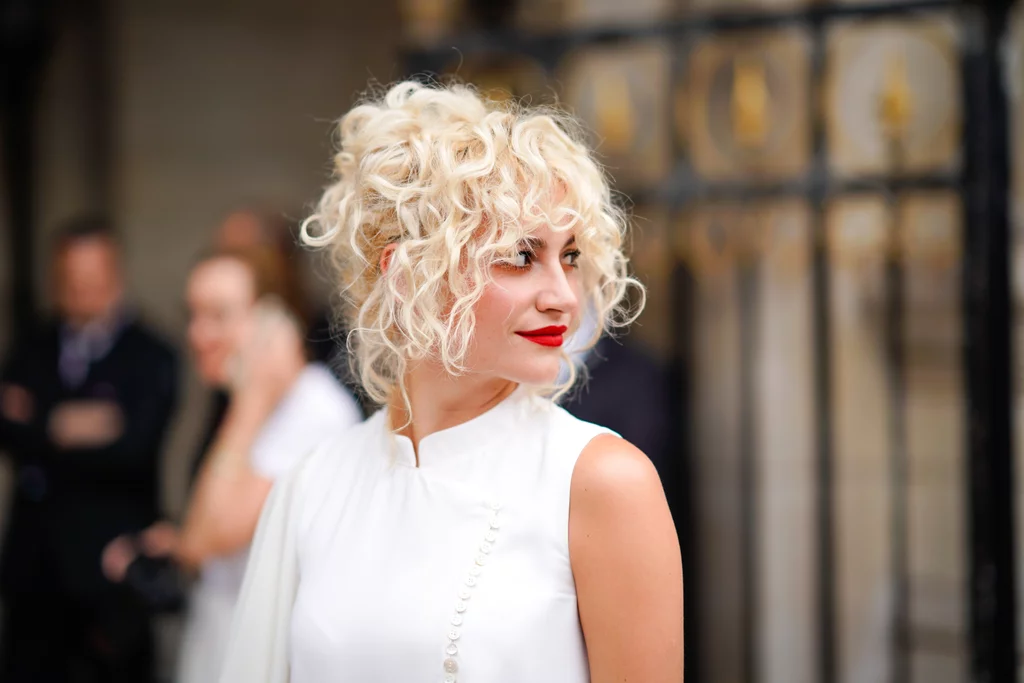It is the year 1987. Every radio station is playing Bon Jovi, “Dirty Dancing” is playing in theaters across the country, and the only thing fans want more than the names of Jon and Baby’s private choreographers are their curly perm haircuts. Today, the top 100 list, “cool” dance techniques, and especially the quality of the perm have all altered significantly since then. In actuality, the style is much more contemporary now.
According to Philippe Depeyrot, co-owner of Salon Bisoux in Washington, DC, “the original perm was done with bare tongs that fit together and were heated on the gas stove.” “The treatment has advanced significantly, going from protracted sessions on potentially dangerous machines to short and painless.
However, the methods and formulations have been improved to make it simple to achieve any type of curl you desire, including kinky coils, beachy waves, or even simply some added body and bend. In fact, the procedure adds a little structure even to persons with the finest or straightest hair. The name is the next significant change in its reappearance.
The renaming of the perm, however, has created a problem for manufacturing companies, he noted. To make the application of this style safer and more user-friendly than before, they chose to rename the perm the form service and then reformulate the chemicals.
We have the solutions to all of your (not-really-burning-anymore) perm queries right here, no matter what you call it: body wave perm, digital perm, S-curl perm, or whatever.
How Do Perms Work?
A perm is a hair treatment that employs electric heat and/or chemicals to produce the appearance of curls or waves to naturally straight hair, according to the most basic descriptionTechnically speaking, Depeyrot explained, there are three types of perm methods: alkaline, acid, and exothermic. The latter two are part of the “hot” perm treatment process, which means the solution is applied before heat, which then breaks the structural bonds in your hair that make it easier to mould into a curl. A “cold” perm uses alkaline (which contains ammonium thioglycolate — remember “Legally Blonde”?) to break the same bonds in your hair, and tends to cause slightly less damage than the former.
However, there is also what’s known as a “vegan perm.” Created by Janine Jarman, founder of Curl Cult, vegan perms are perms that don’t use any animals or animal byproducts in their formulas or testing. “The Curl Cult perm is vegan, paraben free, and sulfate surfactant free,” Jarman tells POPSUGAR. “We use amino acids to reshape the hair (unlike ammonium thioglycolate that was found in perms of the past), reason being it’s much safer for the hair, client, and stylist, as well as produces healthy, natural-looking results. Additionally, it has pea proteins in the perm, a super-effective vegan protein that helps protect the hair and bonds during the process.”





